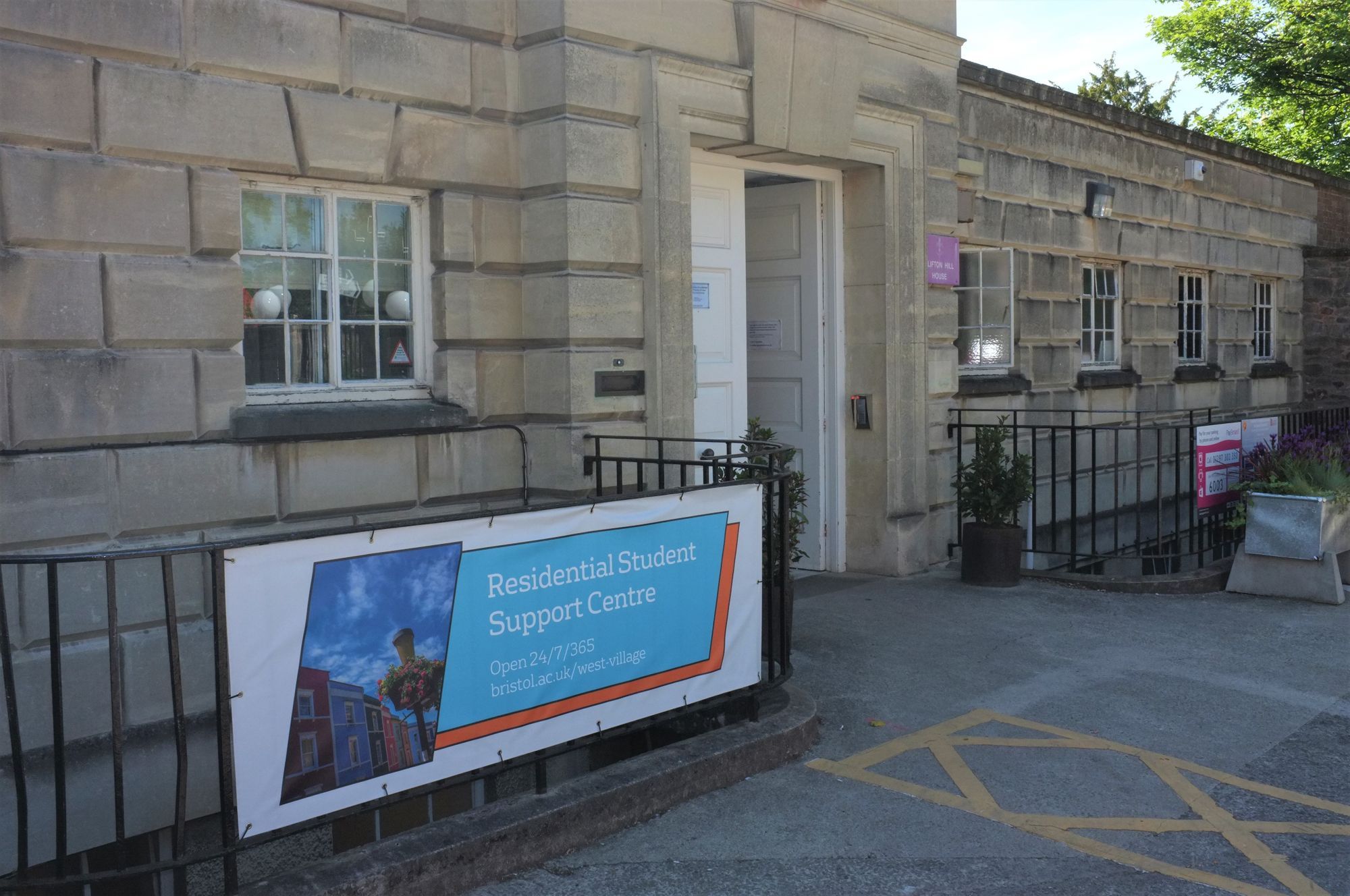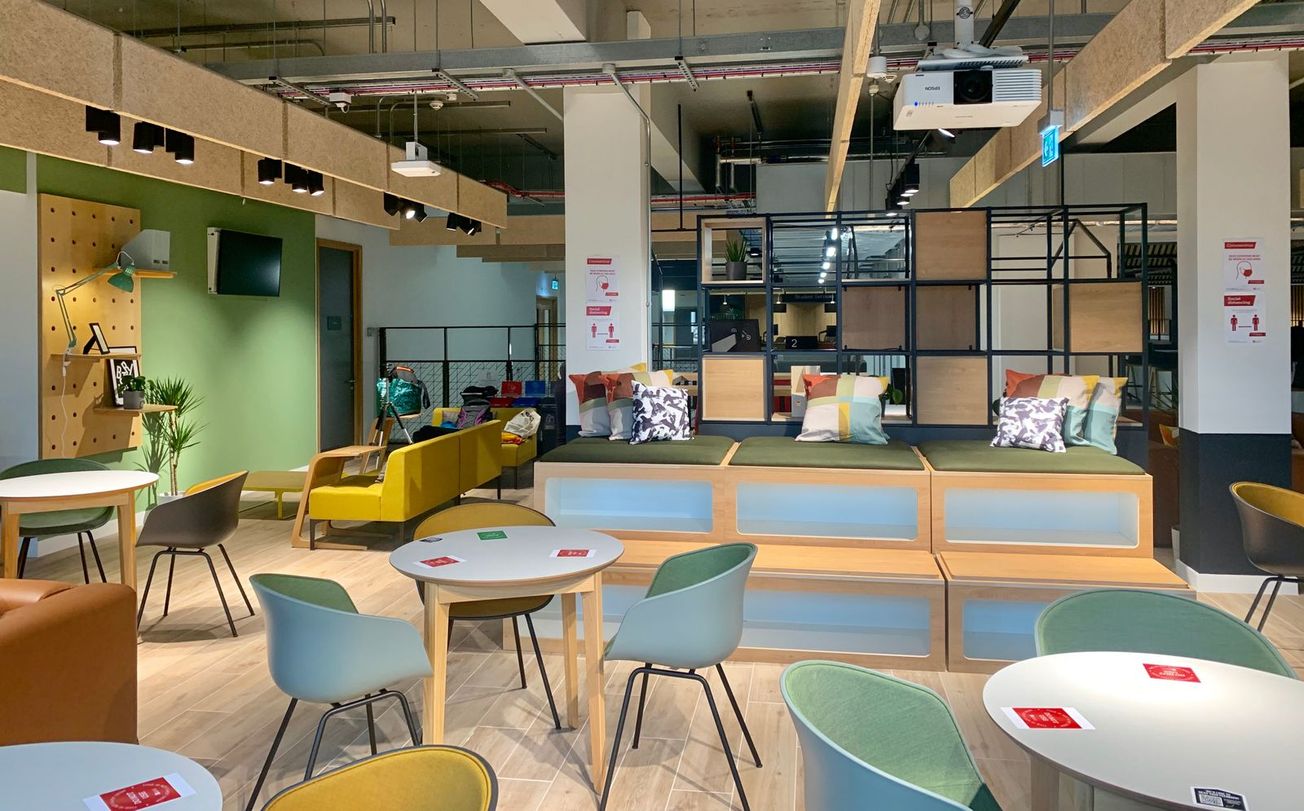By Ellicia Metcalfe, Third Year Politics and Spanish
Bristol University boasts a 25 per cent international student intake, with students arriving from over 150 countries around the world. While every student’s experience is unique, all face the same challenge of cultural integration. Epigram sat down with five international students to talk about their experience as a student at Bristol University, both the good and the bad.
International students not only have to adapt to university life but navigate a new culture as they form social networks abroad. One of the most prominent aspects of the international student experience is the culture shock of living in a different country, or even a different continent.
Upon arrival, one English Literature master’s student remarks that she felt anxious that she wouldn’t be understood—not due to a language barrier, but a cultural one. Intercultural interaction can be difficult to navigate, especially when simultaneously trying to adapt to a huge lifestyle change.

One first year Law student recounts that the drinking culture of British universities – a phenomenon that many home students have grown accustomed and desensitized to – was far removed from the drinking culture in their home country, and difficult to get to grips with.
They also faced the added difficulty of racial difference – of Bristol’s 2022 intake, 79.2 per cent of home students were white – and they described the culture shock associated with living in a majority-white environment. ‘I felt alienated, especially because there was barely anybody with the same skin colour as me.’
One student explained that they believe that the university could do more to provide international students with support, stating that, ‘The university brags about having one-quarter international student intake, but they are not doing a good job helping us at all, which is incredibly unfair since we pay almost triple the amount that home students do.’
This sentiment was shared by the other interviewees. Another student told Epigram that, whilst the University did provide fundamental advice, ‘Mostly, I felt I had to pave my own way when discovering places, unspoken rules and mannerisms.’
A similar sentiment was echoed by a fourth year Veterinary Sciences student, who remarked that although she did not actively seek much help from the University, they did not reach out or try to provide her with much support either.
A lack of proactive and targeted support from the University only serves to exacerbate feelings of isolation, and burdens international students with the additional task of having to reach out for assistance or information that could have been pre-emptively provided. One student suggested supplying a booklet that included both cultural and academic information. Another suggested better advertisement of the services already offered by the University, asking ‘How can I use a service the uni doesn’t properly advertise?’
Nonetheless, this negative outlook on the University’s support services was not shared by all students. The master’s student reflects that ‘The teaching faculty of my school is very approachable and supportive. The University’s Well Being Services, Resilife and Global Lounge have also been tremendously helpful in making me feel welcome and safe.’
Lived experiences naturally differ depending on the person and their circumstance, but there is a clear consensus that the provision of more information and support by the University would improve the lives of international students, especially during the initial transition period.
Despite feeling a lack of support from the University, all students interviewed were eventually able to form a strong community abroad. A consensus amongst the students is that clubs and societies played a huge role in helping to achieve this.
For three of the interviewees, the volleyball club provided a space for them to meet like-minded international students with whom they could relate, alongside home students who could help them navigate cultural differences and assimilate into British and university culture.
Another explained that the Malaysian society had helped them to form a community and navigate homesickness, providing key information on topics like visas or where to find Halal food in Bristol. They credited the society ‘For creating my home away from home.’
Celebrating Bengali New Year Whilst at University
‘I didn’t know if I could live authentically and was terrified to take the steps to do so’ - Coming to terms with my LGBT identity within a Muslim community
This sense of belonging was echoed among all students interviewed. One third year Engineering Design student remarked that she now feels very connected to Bristol, and enjoys meeting people from different places and connecting with people from across the globe.
As different cultures interweave, the university experience for international students comes with a unique set of challenges and a better understanding of this could ease the difficult process of transitioning that they face.
Featured Image: *Epigram */ Filiz Gurer









